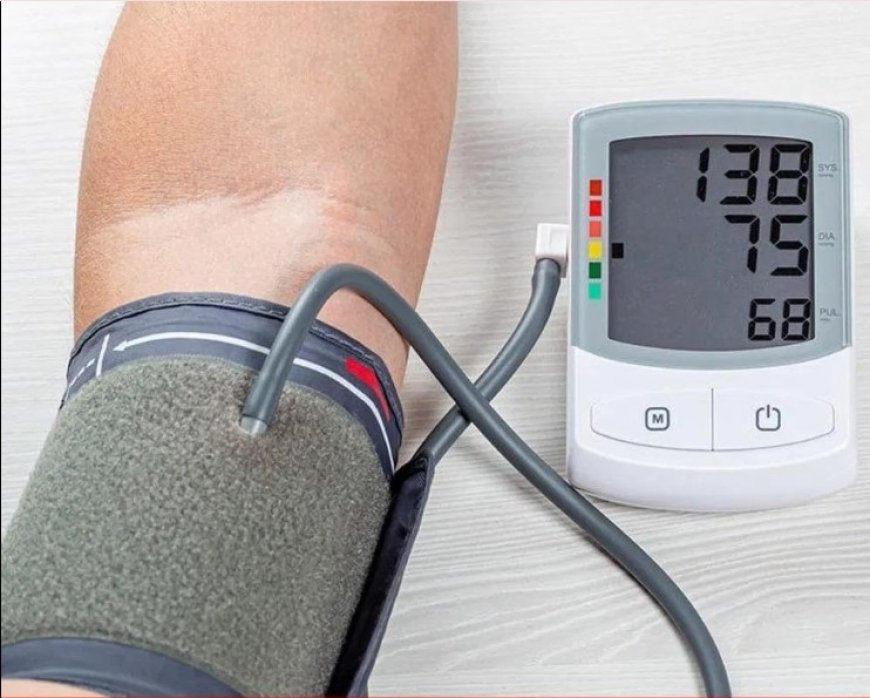What’s Considered Healthy?
Blood pressure is one of the most important indicators of overall well-being and cardiovascular balance. It reflects how efficiently the heart pumps and how well oxygen circulates throughout the body. As we age, these values naturally change a little — understanding what’s considered healthy for your age can help you maintain long-term vitality.

3.
Blood pressure is one of the most important indicators of overall well-being and cardiovascular balance. It reflects how efficiently the heart pumps and how well oxygen circulates throughout the body. As we age, these values naturally change a little — understanding what’s considered healthy for your age can help you maintain long-term vitality.
Why Monitoring Blood Pressure Matters
Blood pressure measures how strongly the heart pushes blood through the arteries. It provides key information about heart and vessel function — one of the clearest signals of how your cardiovascular system is doing. A balanced reading supports concentration, energy, and overall wellness.
General Blood Pressure Categories
Category Systolic (Top Number) Diastolic (Bottom Number)
Low Below 90 Below 60
Optimal Below 120 Below 80
Normal 120–129 80–84
Slightly Elevated 130–139 85–89
Elevated Over 140 Over 90
A reading close to 120/80 mmHg is often considered typical for healthy adults.
Average Adult Blood Pressure by Age
Age Group Women (mmHg) Men (mmHg)
18–39 years 110/68 119/70
40–59 years 122/74 124/77
60+ years 139/68 133/69
Average Blood Pressure for Children and Teens
Age Systolic (mmHg) Diastolic (mmHg)
Newborn to 1 month 60–90 20–60
Toddlers 87–105 53–66
Preschoolers 95–110 56–70
School-age children 97–112 57–71
Teenagers 112–128 66–80
How Blood Pressure Changes with Age
As the body ages, arteries gradually become less elastic, and metabolism and hormone balance can shift. These natural changes can influence blood pressure slightly over time.
Regular movement, a balanced diet, and stress management all help keep
your heart and circulatory system in good shape, regardless of age.
Simple Tips for Maintaining Healthy Blood Pressure
Eat Balanced Meals: Focus on fruits, vegetables, whole grains, and healthy fats.
Stay Active: Even a 30-minute walk a day supports circulation and energy.
Hydrate Well: Drink enough water throughout the day to help your body stay balanced.
Manage Stress: Breathing exercises, meditation, or calm music can relax your nervous system.
Check Regularly: Occasional home or doctor checkups can help you notice changes early.
Conclusion
A steady blood pressure supports heart strength and overall vitality. Knowing your numbers and maintaining a balanced lifestyle helps preserve your health and energy at any age.
For most people, the ideal range is around 120/80 mmHg, though it can vary slightly depending on age, fitness level, and lifestyle.
























